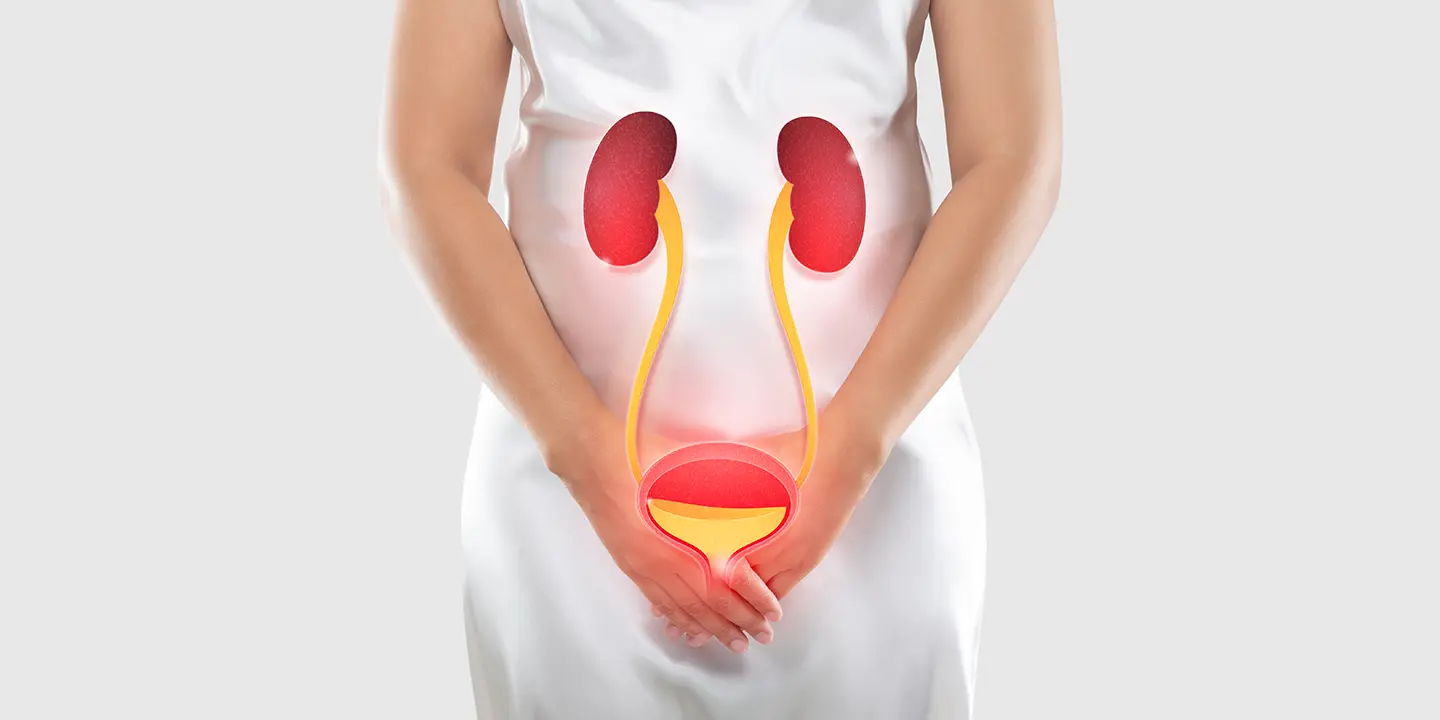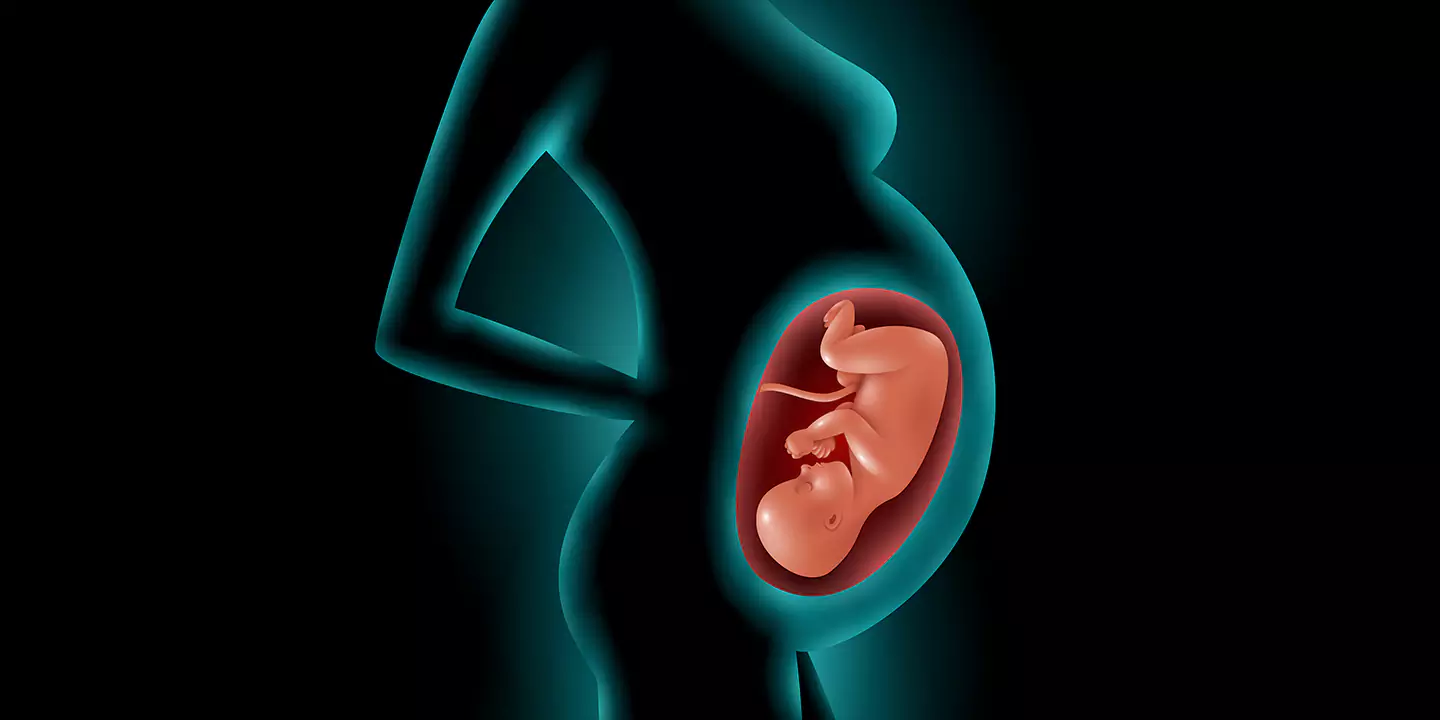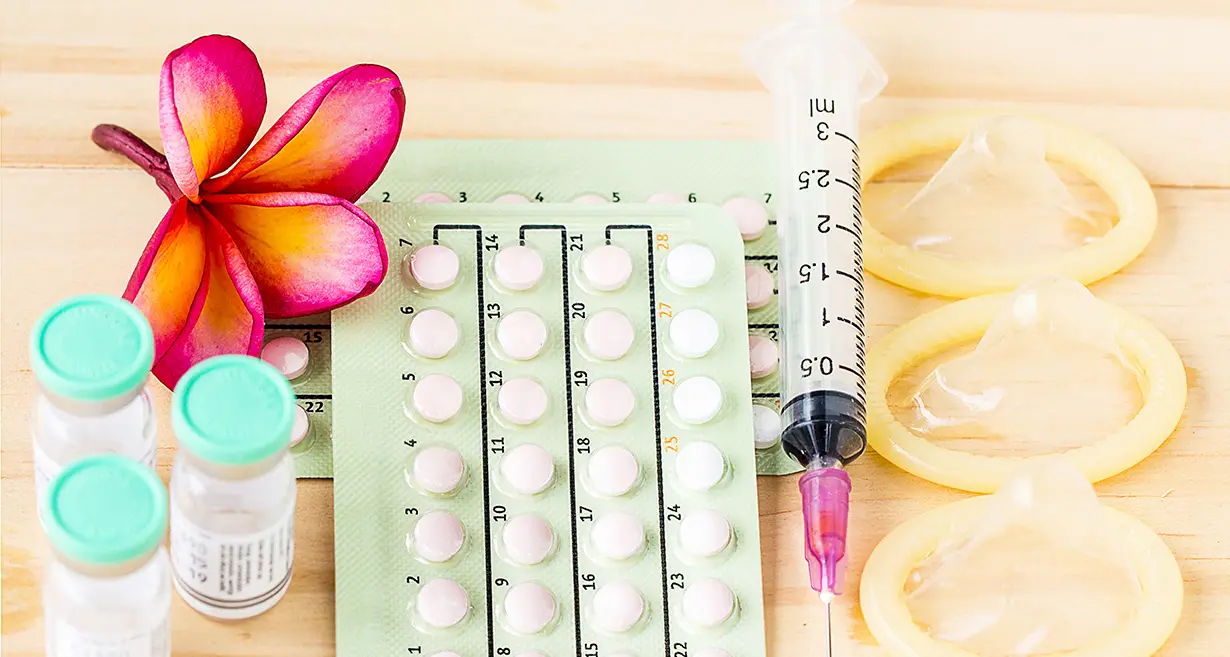
Leukorrhea is the term for the white vaginal discharge that almost all women experience during the normal menstrual period and at different times in their monthly cycles. During the menstrual period, thick, white discharge is typical and typically denotes ovulation. White fluid might occasionally be a symptom of a hidden medical issue, though. Continue reading to find out more about white discharge, its origins, symptoms, and when you should seek medical advice if you have it.
In this Article
White Discharge Reason of Occurring
A healthy aspect of a healthy vagina and sexual wellness is white vaginal discharge. Throughout your menstrual cycle, the type of vaginal discharge you experience varies, but it’s almost always a sign that everything is functioning normally.
The production of estrogen is the main and most common white discharge reason. Typically, having vaginal discharge that is clear, stretchy, and jelly-like and has the substance of egg whites indicates that you are producing a higher amount of estrogen. This sort of discharge, which frequently happens in the interim between your cycles, indicates that you are fertile and ovulating regularly (your body is releasing an egg). It is a healthy indicator that you will be able to become pregnant naturally. The actual component of the discharge is “cervical mucous,” which varies in volume and consistency over the course of your menstrual period.
Your cervix secretes fluid during fertilization that is ideal for sperm growth. If you don’t want to get pregnant, avoid having intercourse while you have this kind of discharge and consult your doctor about the best form of birth control for you. Also if you have an active sex life it is advisable that you use condoms every time to reduce your chance of catching a Sexually transmitted illness (STI).
White Discharge Causes
Menstrual cycle, ovulation, early pregnancy, etc are some common white discharge causes. Your menstruation cycle can include some periods of thick, white discharge. Leukorrhea, the medical term for this discharge, is an entirely typical and also commonly used term.
When an egg is discharged or in the days before ovulation, the discharge may initially be thinner. The discharge or mucous during ovulation may thicken and resemble mucus.
This is a sign that you’re ovulating, and some ovulators use it as a biological cue that they are fertile. If you were attempting to get pregnant, this thick, white discharge may be a sign that you should engage in sexual activity.
This kind of discharge is normal as long as it doesn’t smell unpleasant and you are not having any other symptoms. You might need to wear a panty liner because of the additional fluid, but you shouldn’t need to see a doctor.
Types of Discharge
Types of discharge from the vagina can be divided into different kinds, frequently according to color and consistency.
White
White vaginal discharge is typically normal and is not a reason for concern. Particularly at the start or end of your menstrual period. This discharge will typically be odorless, viscous, and sticky.
Watery and Clear
The secretion frequently gets clearer and wetter around the time of ovulation. When you are pregnant or sexually stimulated, you might also experience more of these types of discharge.
Lucid and Elastic
It is possible that you are ovulating if your discharge is clear but stretchy and mucous-like rather than watery. If it is odorless and is not causing itching or a burning sensation, it means that you are free from infection.
White Discharge Symptoms
Thick, white vaginal discharge is almost always an indication that your reproductive organs are in good health. But occasionally, the fluid might be a sign of a hidden medical condition.
If you encounter any of the following white discharge symptoms in addition to unusual vaginal discharge, you should see a doctor right away:
- Pain
- Itching
- Discomfort
- Bleeding,
- Missed periods,
- Rashes, or sores, as well as pain in and around the vaginal area
- A burning feeling during urination or sexual contact
- A pungent smell that lingers in the vagina
The extra fluid coming out of your vagina is a sign of general health as long as the discharge you’re having does not also fit those requirements. That is to say, it’s a good occurrence.
How To Avoid Or Stop Excessive Vaginal Discharge
The vagina is made to take care of itself and ward off further diseases. The vaginal secretion that is in good health is crucial to this. There are some simple steps you can take to avoid or stop the excessive vaginal discharge.
One such step is avoiding products that deplete the vagina of its natural moisture and built-in protections, such as soaps, scented washes, douches, and other similar items, you can prevent upsetting the pH balance in your vagina.
You may need to seek medical attention to stop excessive vaginal discharge if it is a symptom of an underlying condition.
Speak with a physician right away if you’ve ever been concerned about your vaginal discharge. This is especially true if you notice more discharge than normal or if the color, smell, or consistency of your discharge changes.
Excessive vaginal white discharge symptoms could indicate:
- an STI
- a bacterial infection
- a yeast infection
Conclusion
It’s normal and healthy for white vaginal discharge to change in color and texture as you progress through the various stages of the ovulation period.
Your vaginal secretion, however, could be one of the key indicators that something is wrong if you’re dealing with a pH imbalance, a yeast infection, an STI, or another underlying problem.
It might be time to see a doctor if your discharge has an odor, is white-gray, or is thicker than normal.
Visit Queen’s Gynecology, Delhi, for professional guidance that is both anonymous and accurate, and to find the best treatment. In addition to addressing your concerns, the group of the most knowledgeable and experienced gynecologists at Queen’s Gynecology will respect your privacy. They are considerate of their patients’ requirements in terms of gynecology and sexual health in urban settings. The gold-standard care at Queen’s Gynecology is tailored to each patient’s unique needs.
Frequently Asked Questions
Typically, the white vaginal discharge does not make you feeble. However, tiredness, abnormal vaginal discharge, ectopic pregnancy, pelvic inflammatory disease, cervical cancer, or sexually transmitted illnesses are just a few of the conditions that can cause these symptoms of weakness.
Early in pregnancy, vaginal secretion is thin and milky white. You are most likely pregnant if you skipped your period and have white discharge coming from your vagina. Consult a gynecologist to rule out other conditions that could be the source of the symptoms if the pregnancy test is inconclusive.
White vaginal discharge is a typical event in nature, but it doesn’t affect periods. Most women have whitish vaginal discharge prior to their periods. This discharge, which contains fluid and shed vaginal cells, is a typical part of the menstrual period. This aspect of the menstruation cycle is the luteal phase when progesterone is most abundant.













































































































































